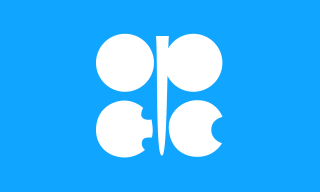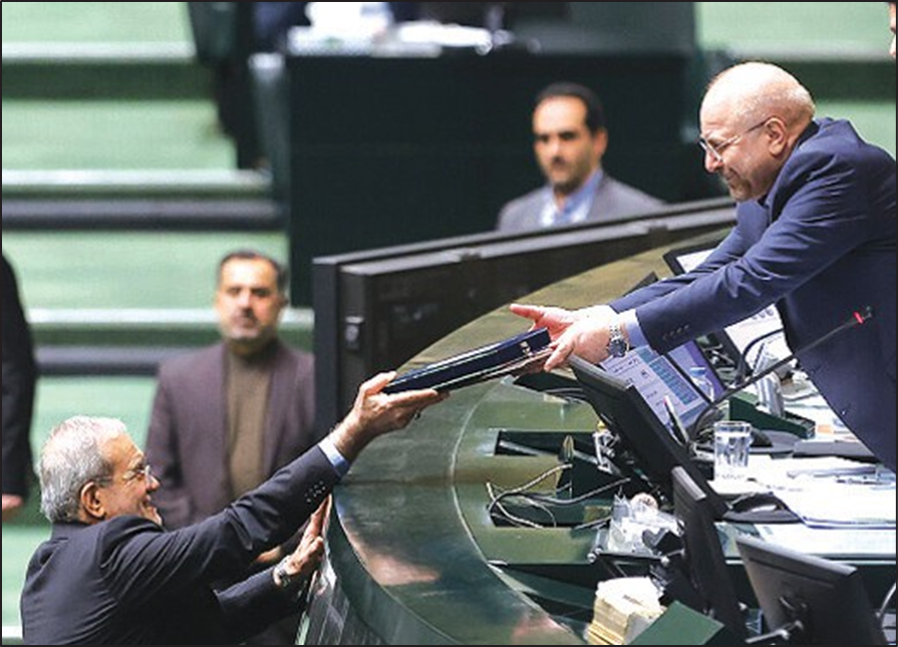August 06, 2021
 The major oil-producing countries of OPEC+ have ended their in-house brawl and agreed to eliminate all their production cutbacks over the next year, in anticipation of the market returning to normal.
The major oil-producing countries of OPEC+ have ended their in-house brawl and agreed to eliminate all their production cutbacks over the next year, in anticipation of the market returning to normal.
None of this means anything for Iran, which has been exempt from all OPEC rules since Donald Trump reimposed sanctions on the country in 2018. But it leaves wide open the question of what Iran should or will do if Joe Biden lifts sanctions anytime soon.
The Islamic Republic has said it will come roaring back to the market pumping not just the 3.8 million barrels a day it once produced but perhaps as much as 6 million, which would likely pull the rug out from under the market.
After a special meeting July 18, OPEC+ (comprised of the 13 OPEC members plus 10 others organized by Russia) announced that its collective production will rise by 400,000 barrels per day starting in August and continue expanding by an additional 400,000 b/d each month thereafter through September 2022.
That will restore all the cuts the 23 states agreed to when the coronavirus overwhelmed the market a year ago.
The agreement looks to continue managing supplies vs. booming demand, which has lifted oil prices more than 40 percent this year as the economy rebounds sharply.
In April 2020, OPEC+ agreed to slash production by 9.7 million bpd. They have since incrementally loosened those curbs to about 5.8 million bpd.
The new deal also allows the United Arab Emirates, Saudi Arabia, Iraq, Kuwait, and Russia to recalculate their production quotas, allowing them to pump still more oil 500,000 barrels a day for Russia and Saudi Arabia, 332,000 barrels for the UAE and 150,000 for each of Iraq and Kuwait.
Iran, Libya and Venezuela have been exempted from the OPEC’s quotas.
OPEC+ will also rely on US shale companies to remain restrained with their own production and not expand drilling quickly to take advantage of higher oil prices. But that’s just a wish; those companies each make their own production decisions.
Early in July, a dispute with the UAE over its production baseline saw multiple OPEC+ meetings end with no resolution and a lot of nastiness between the UAE and Saudi Arabia.
Much of the problem is differing views of the future of the oil market. For decades, OPEC has basically viewed oil in the ground as worth more than what it pumps. In other words, the world would need oil for so long that OPEC would profit in the long term by not pumping too much. Now, with the impact of global warning and the rapid move away from fossil fuels, the UAE has reversed its outlook the more oil it can pump now the better or it could be left with a worthless resource under its sands.
That is an important long-term question. But the more immediate question is whether Iran will flood the market if sanctions are lifted. OPEC+ did not address that.
















